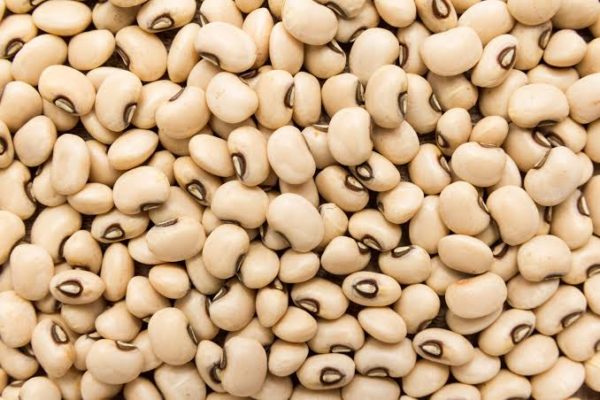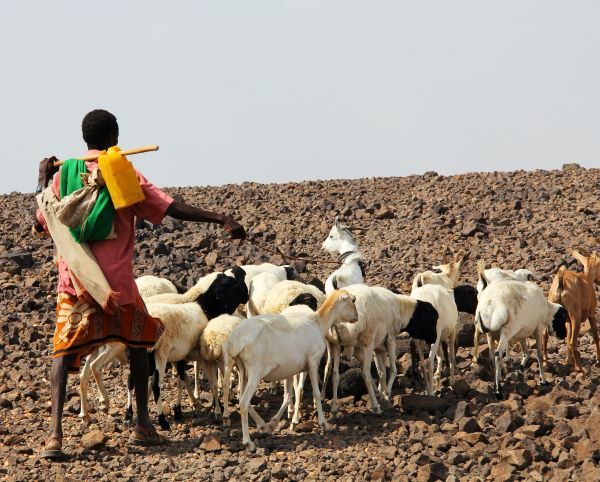A delegation of 10 parliamentarians visited the agricultural machinery exhibition. A conference, a guided tour and a round table were the programme of an event that highlighted the role of fruit and vegetable crops, which are increasingly important for the market and the profitability of the primary sector.
he European Union considers precision agriculture an unavoidable objective in order to overcome the difficulties created by climate change and global population growth. This was reaffirmed by the President of the Committee on Agriculture and Rural Development of the European Parliament, Norbert Lins, who visited Eima in Bologna together with 10 other MEPs.
“I was impressed – he said at the end of his tour of the exhibition halls – by the technological level of these machines. We saw equipment that was very specialised and even used artificial intelligence. The quantity and quality of the innovations on display was striking,” he said.
Prior to the tour of the pavilions, the delegation of parliamentarians attended a workshop held by Domenico Pessina, Professor of Agricultural Mechanics at the University of Milan on the ‘Evolution of mechanisation for specialised crops’. That is, fruit and vegetable production whose demand is growing worldwide due to a progressive evolution of eating habits that give more and more space to fresh products and, at the same time, see a reduction in cereals and other products from extensive crops. At the end of the visit to the trade exhibition, Federunacoma President Alessandro Malavolti and Agriculture Commission President Lins held a short debate open to the public. Antoine Hoxha, Technical Director of Fertilizers Europe, an association of fertiliser manufacturers, participated in the meeting via a link-up and reminded the audience how the price of gas, still the main energy source even for the industry in his sector, had driven up costs unexpectedly.
“It is imperative to change the way we produce and use fertilisers – said Hoxha – in order to deal with this crisis that has taken us by surprise, but also because we need to accelerate the process towards sustainability. The way forward is the one already identified and known as the Farm to Fork strategy”.
Summing up the visit, Malavolti asked Lins what he thought could be done to support a turnaround that is essential for the economy of agricultural enterprises: “It is now clear to everyone that new technologies are essential not only for the environment but precisely for the economy of farms – said the manufacturers’ president – and that converting to specialised crops, those with the highest added value, requires investment in very sophisticated equipment in order to remain competitive on the market. But it is equally clear that this equipment costs more than traditional equipment,” he said.
The response of the President of the EU Agriculture Commission was reassuring: “The agricultural policy that will come into force in a few weeks is intended to provide the tools to achieve these goals – he said – but it is also a cultural change. In many areas of the Union, starting with my country (Germany ed.), farms continue to invest in extensive crops, from wheat to potatoes, and are struggling to understand the advantages of fruit and vegetables in a market that is changing rapidly”.









